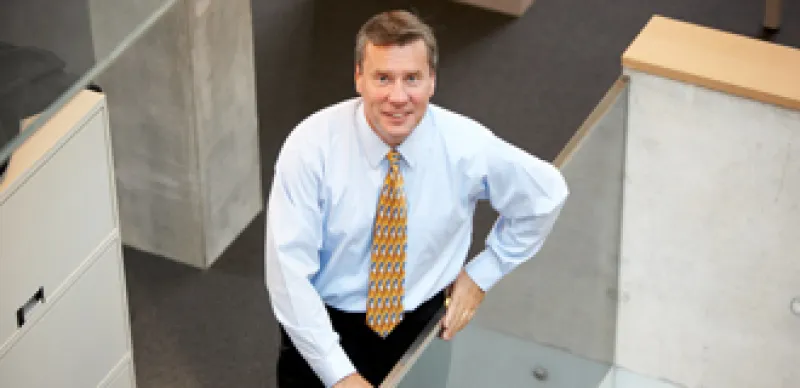
Syngenta’s Michael Mack Sows Seeds of Growth
Syngenta’s chief executive Michael Mack says sustainable agriculture requires hybrids and herbicides.
Claudia Deutsch
April 30, 2010


